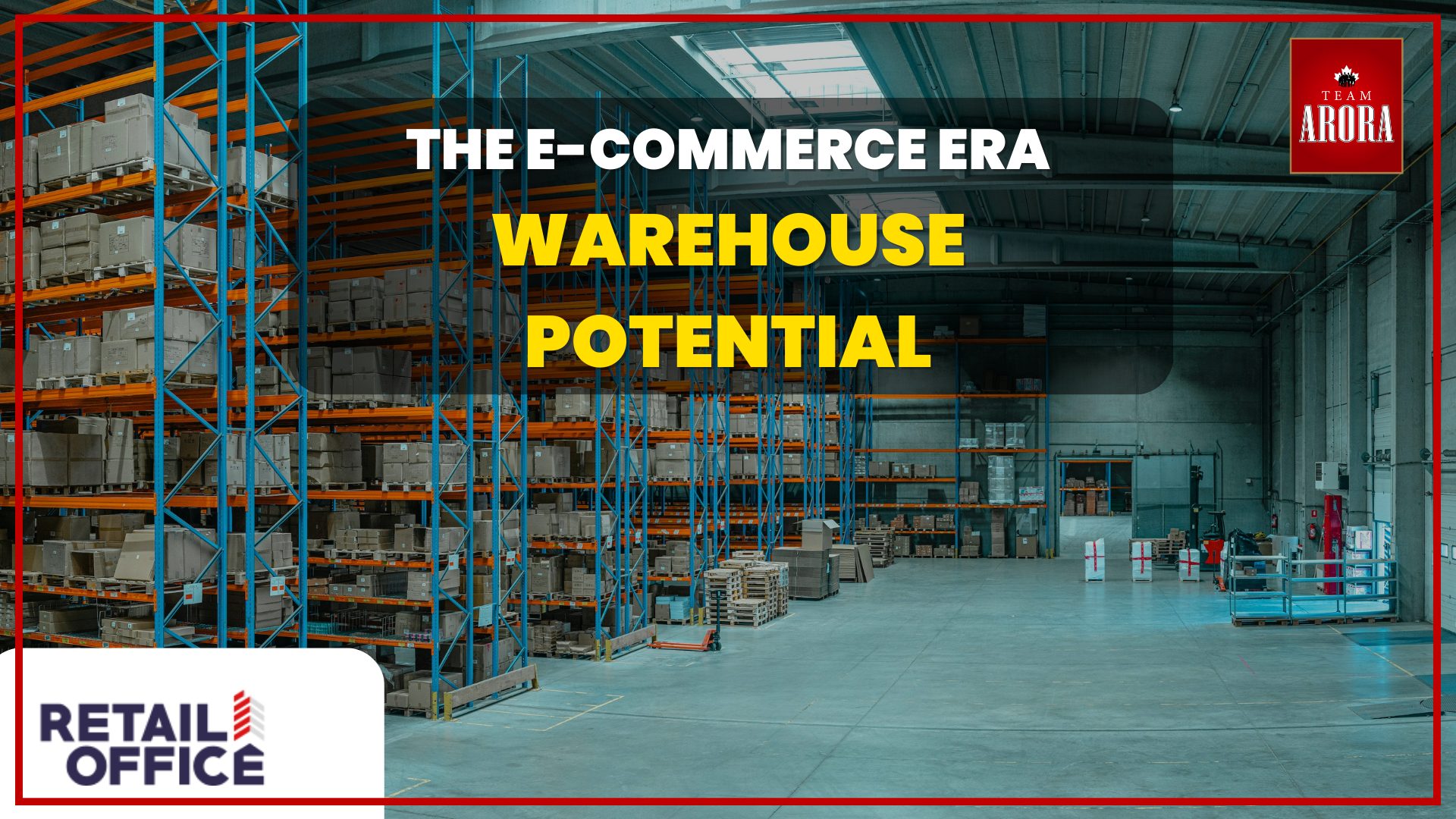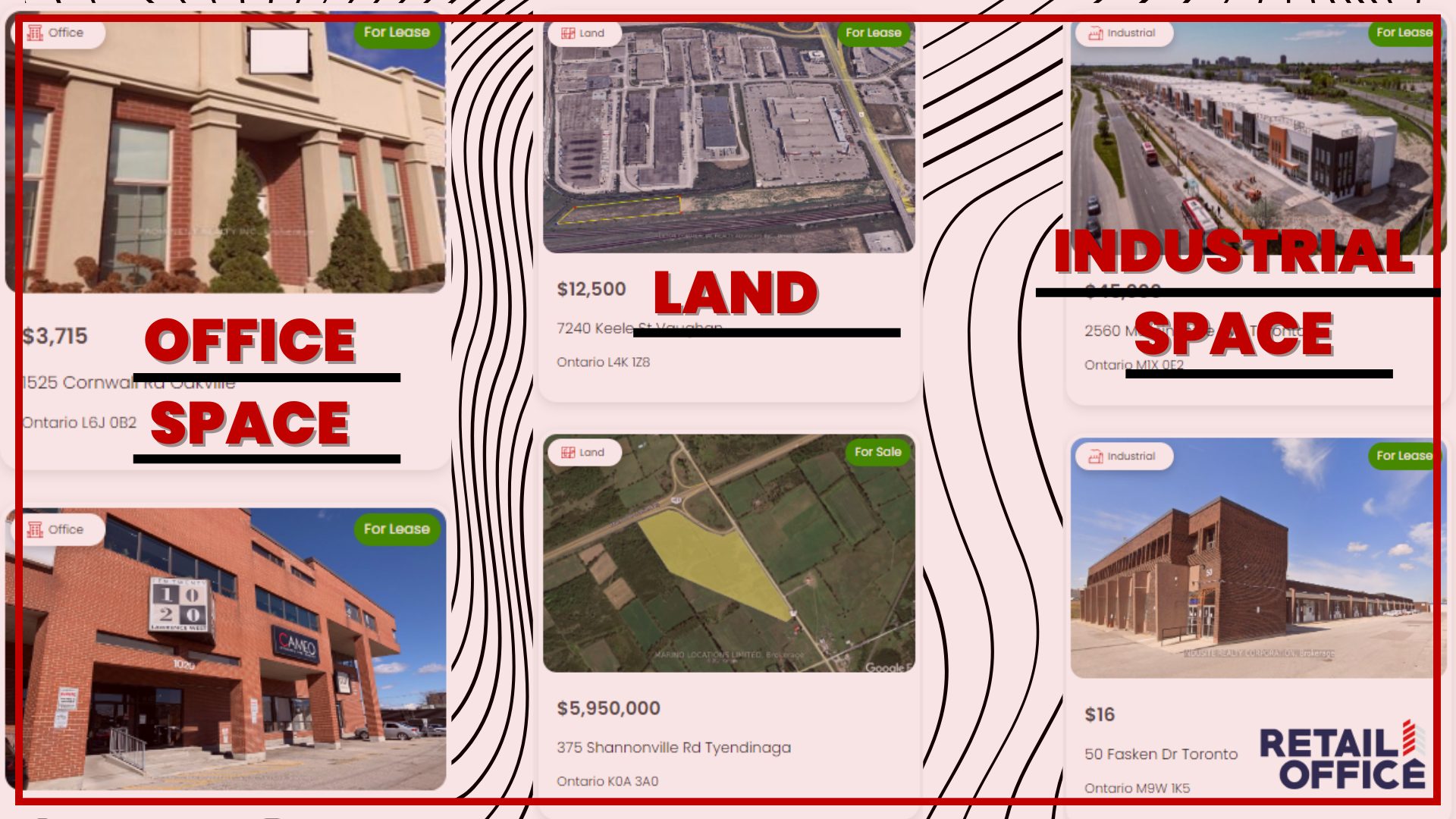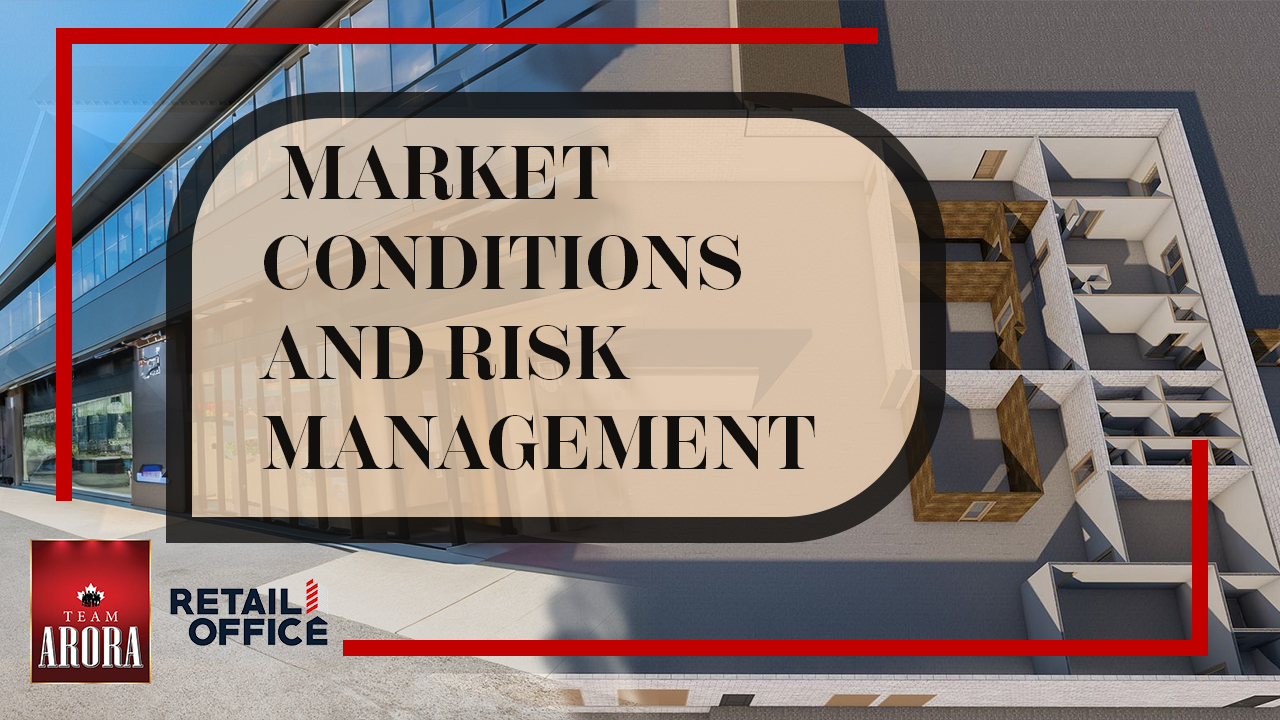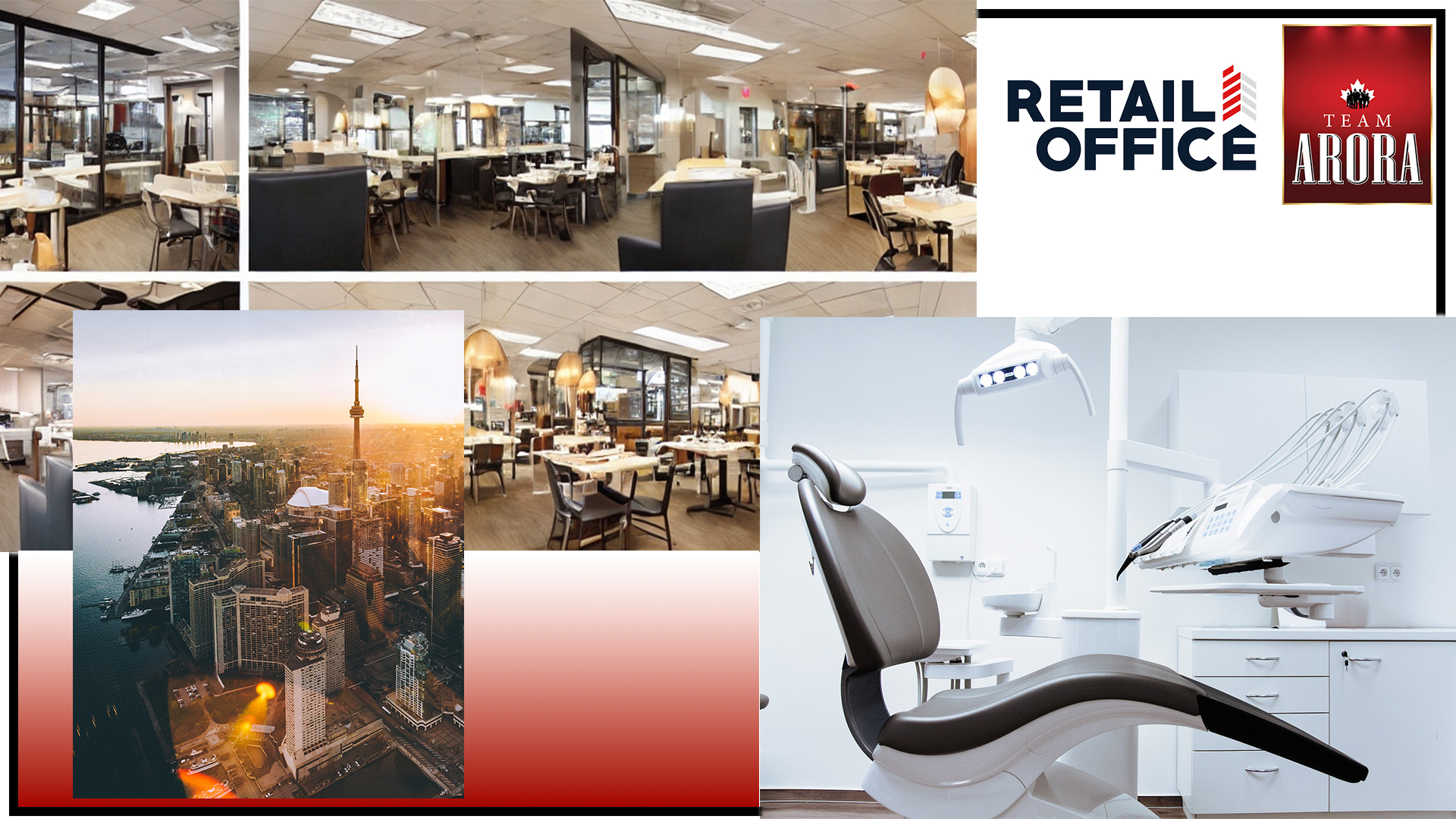Are you dreaming of owning a business that combines your passion for food with a proven path to success? Investing in a restaurant franchise might be the perfect opportunity. Franchising offers entrepreneurs a way to step into an established brand, leverage a built-in customer base, and access the tools needed for long-term growth. With the restaurant industry continuing to thrive, now is the best time to dive into this lucrative market.
Why Invest in a Restaurant Franchise?
- Proven Business Model
One of the biggest advantages of investing in a restaurant franchise is the proven business model. When you buy into a franchise, you’re adopting a system that has already been tested and fine-tuned for success. From efficient operations to effective marketing strategies, you’re given a blueprint for running a profitable business right from the start. The brand recognition and established reputation eliminate much of the trial and error that independent businesses face. - Strong Support System
When you open a franchise, you’re not alone. Most franchise agreements include comprehensive support systems, which cover everything from site selection and store setup to ongoing operational guidance. Franchisees benefit from the franchisor’s expertise, training, and resources. This includes assistance in marketing, inventory management, employee training, and customer service. With a robust support system, new franchise owners can focus on growing their business without worrying about starting from scratch. - Brand Recognition and Loyal Customer Base
Branding is crucial to the success of any restaurant, and when you invest in a restaurant franchise, you’re tapping into an established customer base. Consumers are more likely to visit a restaurant they already know and trust, which means you’ll benefit from immediate foot traffic and sales. Well-known franchises often have loyal customers who seek consistency in their dining experiences, ensuring steady revenue from day one. - Easier Financing Options
Securing financing for a restaurant can be a major hurdle, but investing in a restaurant franchise can often make it easier. Banks and lenders are more likely to finance a business with a proven track record of success. Franchises are seen as lower-risk investments compared to new startups, which can improve your chances of securing the capital you need to get started.
Popular Restaurant Franchise Options
The restaurant franchise industry offers a wide range of options to suit your interests, budget, and business goals. Whether you’re interested in fast food, casual dining, or specialty cafes, there’s a franchise for everyone. Here are some of the most popular types of restaurant franchises to consider:
- Fast Food Franchises
Known for quick service and high customer turnover, fast food franchises like McDonald’s, Subway, and KFC remain among the top choices for aspiring franchisees. With established branding and marketing campaigns, these franchises provide a high volume of traffic and sales. - Casual Dining Franchises
For those looking to offer a more relaxed dining experience, casual dining franchises like Applebee’s, Chili’s, and Olive Garden provide a balance between high-quality meals and affordable prices. These restaurants often attract families and groups, ensuring a steady flow of customers. - Coffee Shop Franchises
Coffee culture has exploded globally, making coffee shop franchises like Starbucks and Tim Hortons a great investment. Coffee shops enjoy loyal customers and high repeat business, with low operational costs compared to larger restaurant models.
Steps to Owning a Restaurant Franchise
- Research Franchise Options
Compare various restaurant franchises based on their reputation, initial investment cost, potential for growth, and the level of support provided by the franchisor. You should also consider the target market and location to ensure the brand resonates with your community. - Evaluate the Costs
Restaurant franchises vary in terms of initial investment, which can range from a few thousand to several million dollars depending on the brand and size of the operation. Make sure you understand all the associated costs, including franchise fees, royalty fees, and equipment expenses. Consider all ongoing operational costs to ensure you can manage your budget effectively. - Secure Financing
Once you’ve chosen your franchise, the next step is to secure financing. As mentioned earlier, franchises are often easier to finance than independent businesses, but you’ll still need a solid business plan and the necessary capital. Explore your options, including small business loans, personal savings, or partnering with investors. - Follow the Franchise Model
One of the keys to success in franchising is following the established model provided by the franchisor. Stick to their guidelines for operations, marketing, and customer service to ensure consistency. The more closely you adhere to the franchise model, the more likely you are to see success.
Conclusion
Owning a restaurant franchise is one of the most rewarding ways to enter the food industry. With a proven business model, strong support system, and the power of brand recognition, investing in a restaurant franchise can set you on the path to long-term success. Whether you’re passionate about fast food, casual dining, or specialty coffee shops, there’s a franchise opportunity waiting for you.










